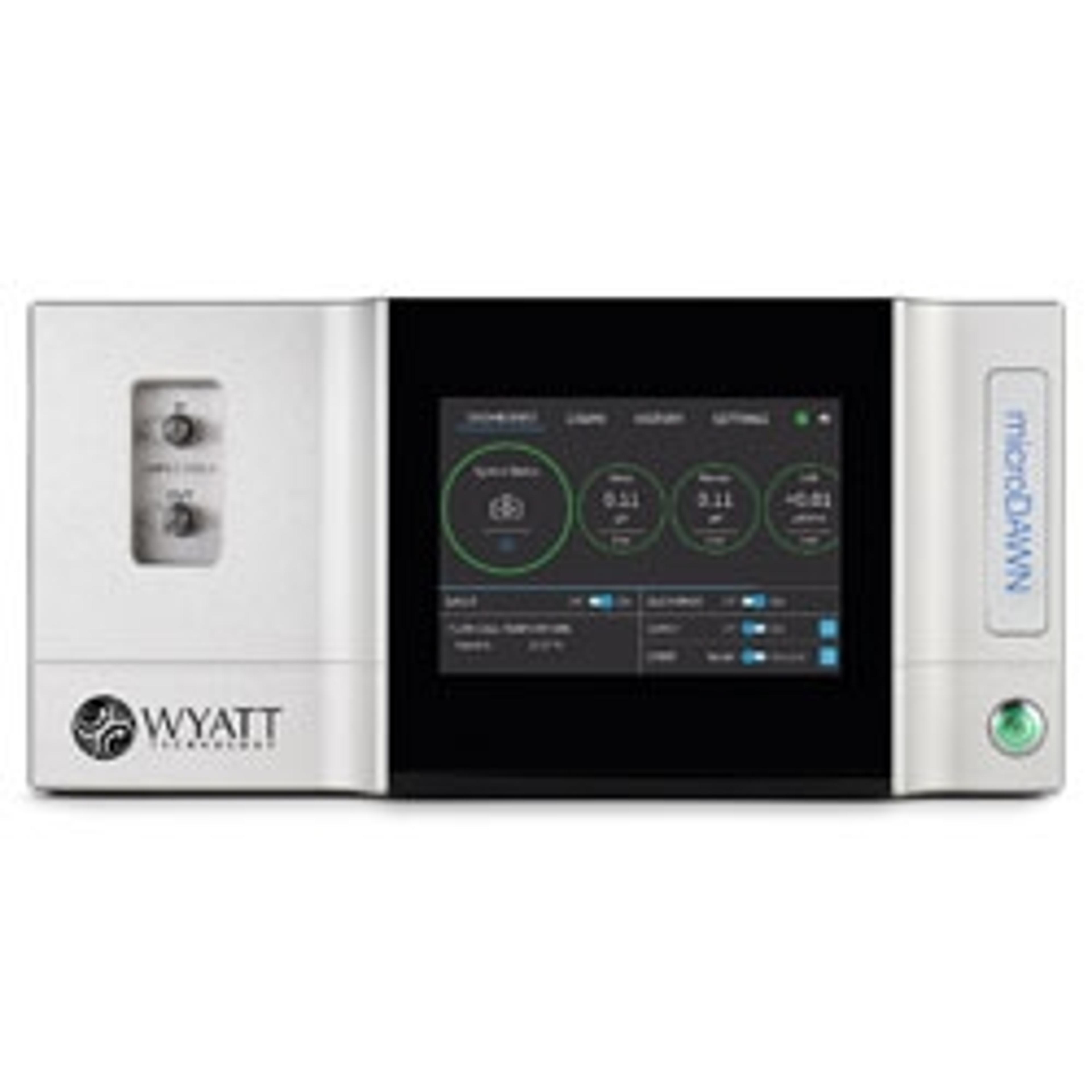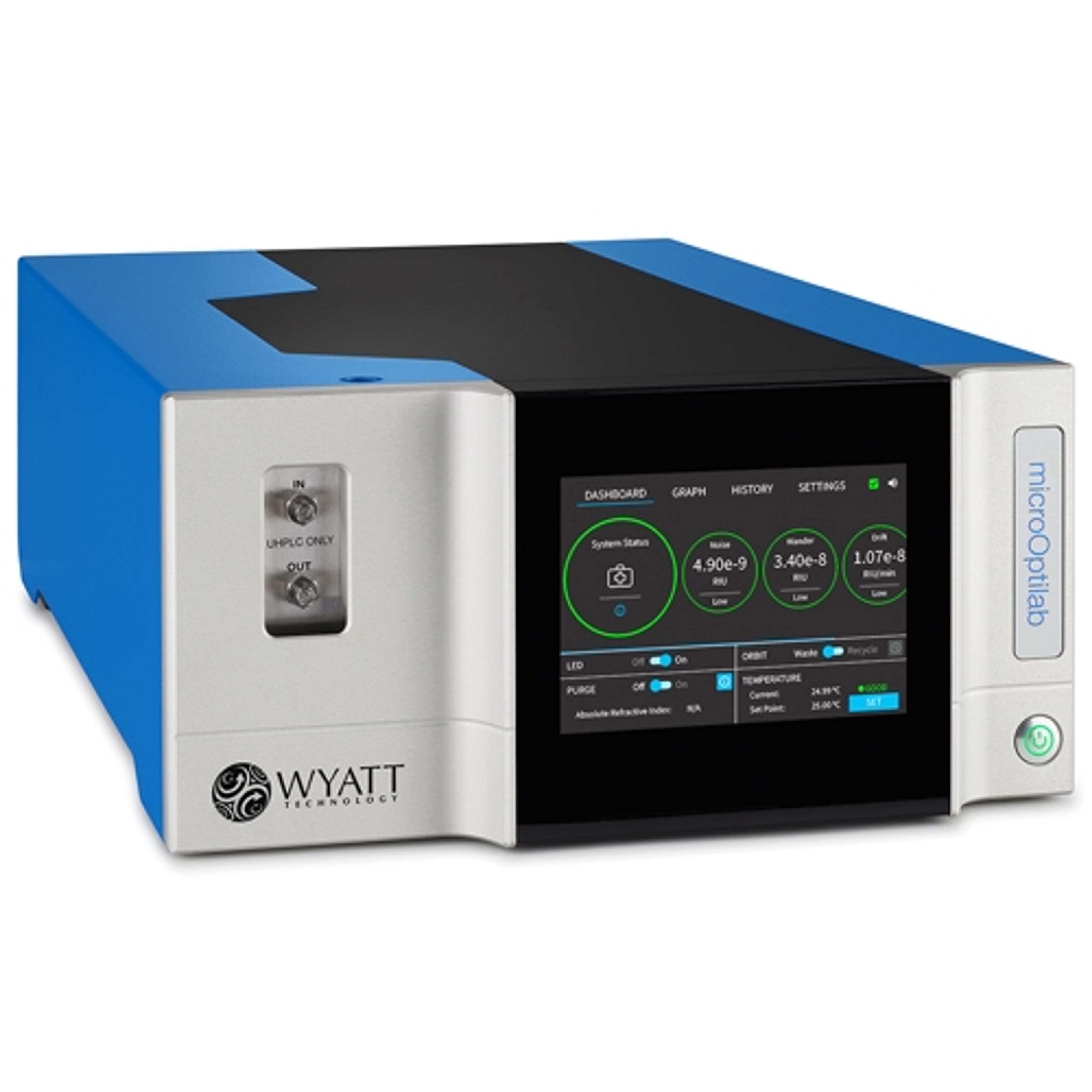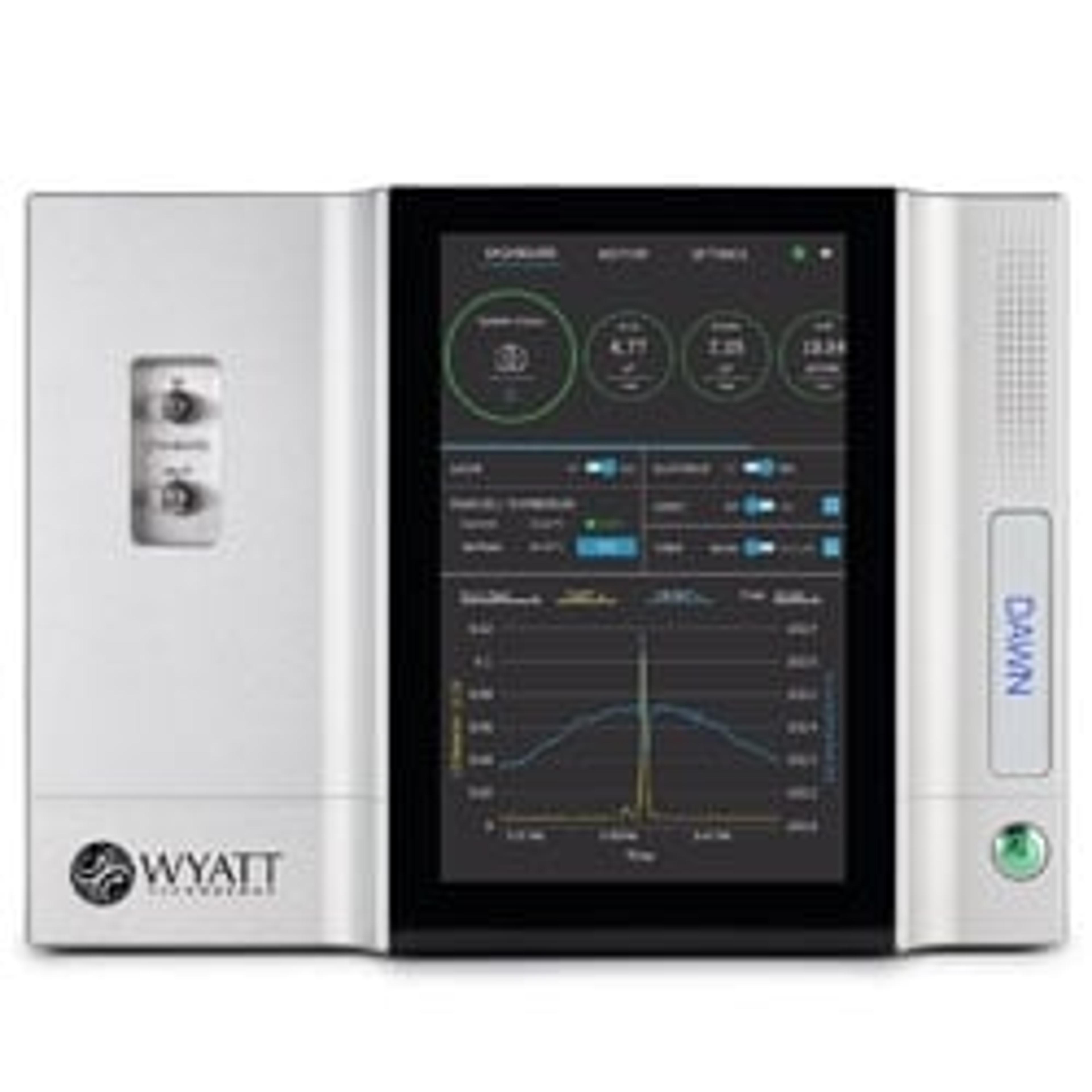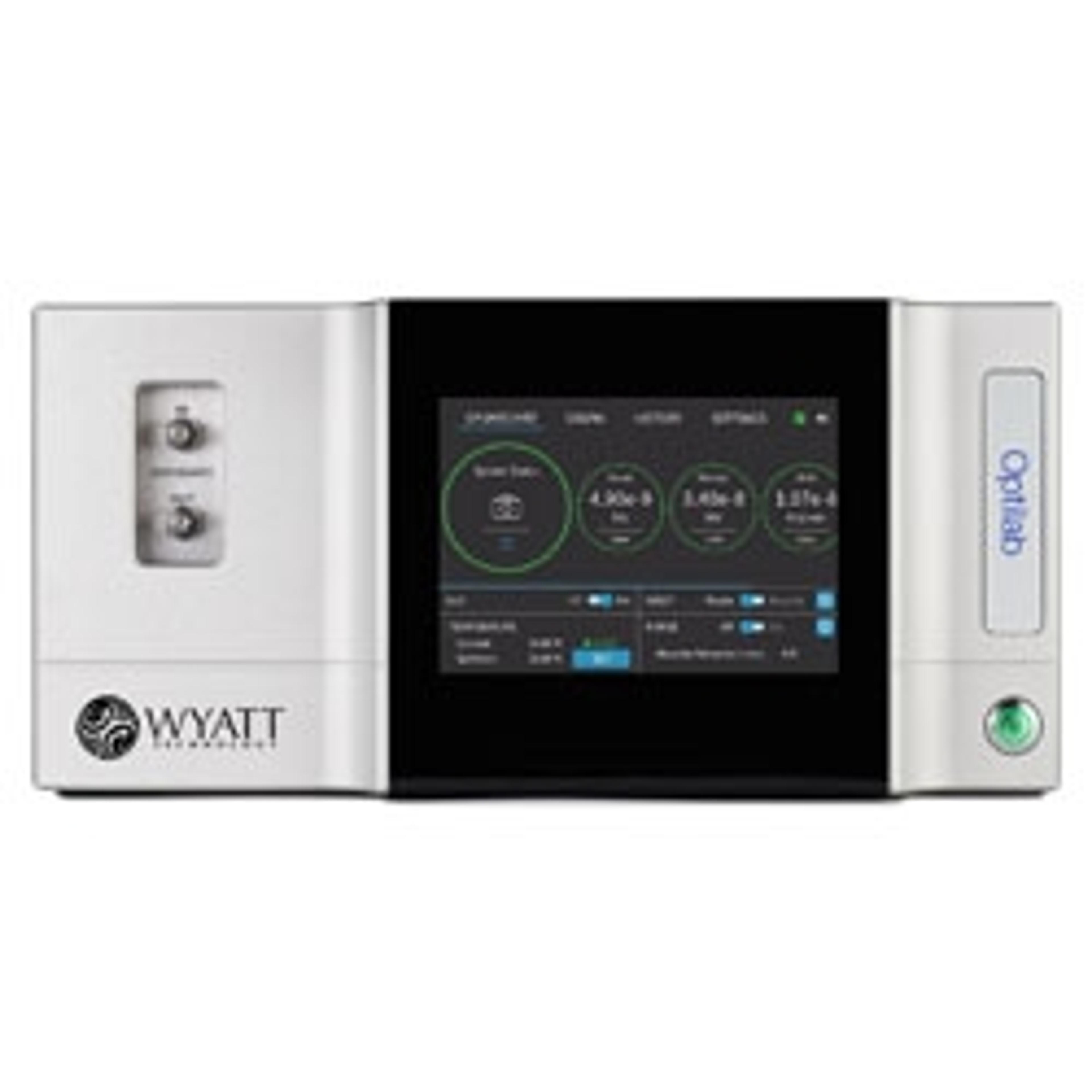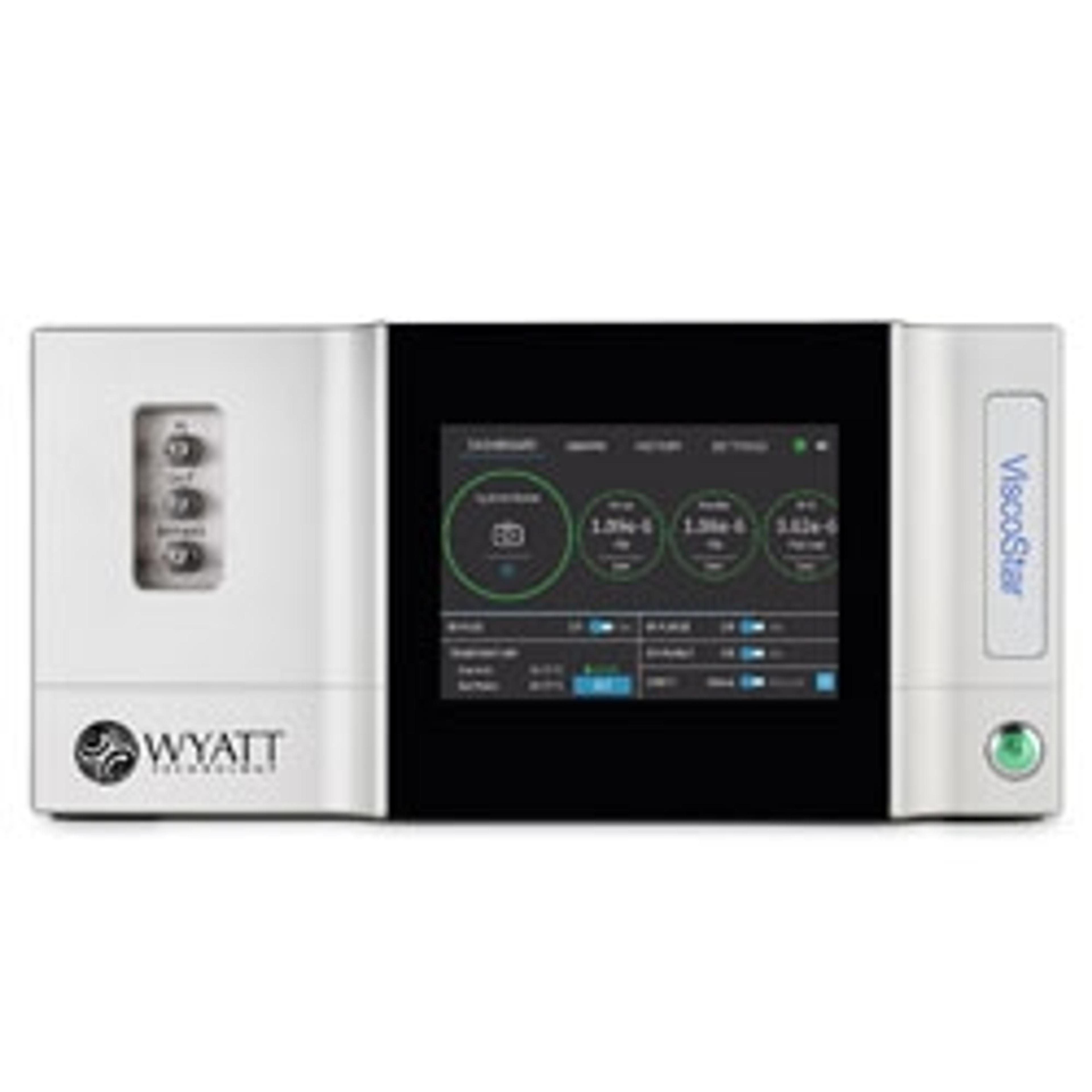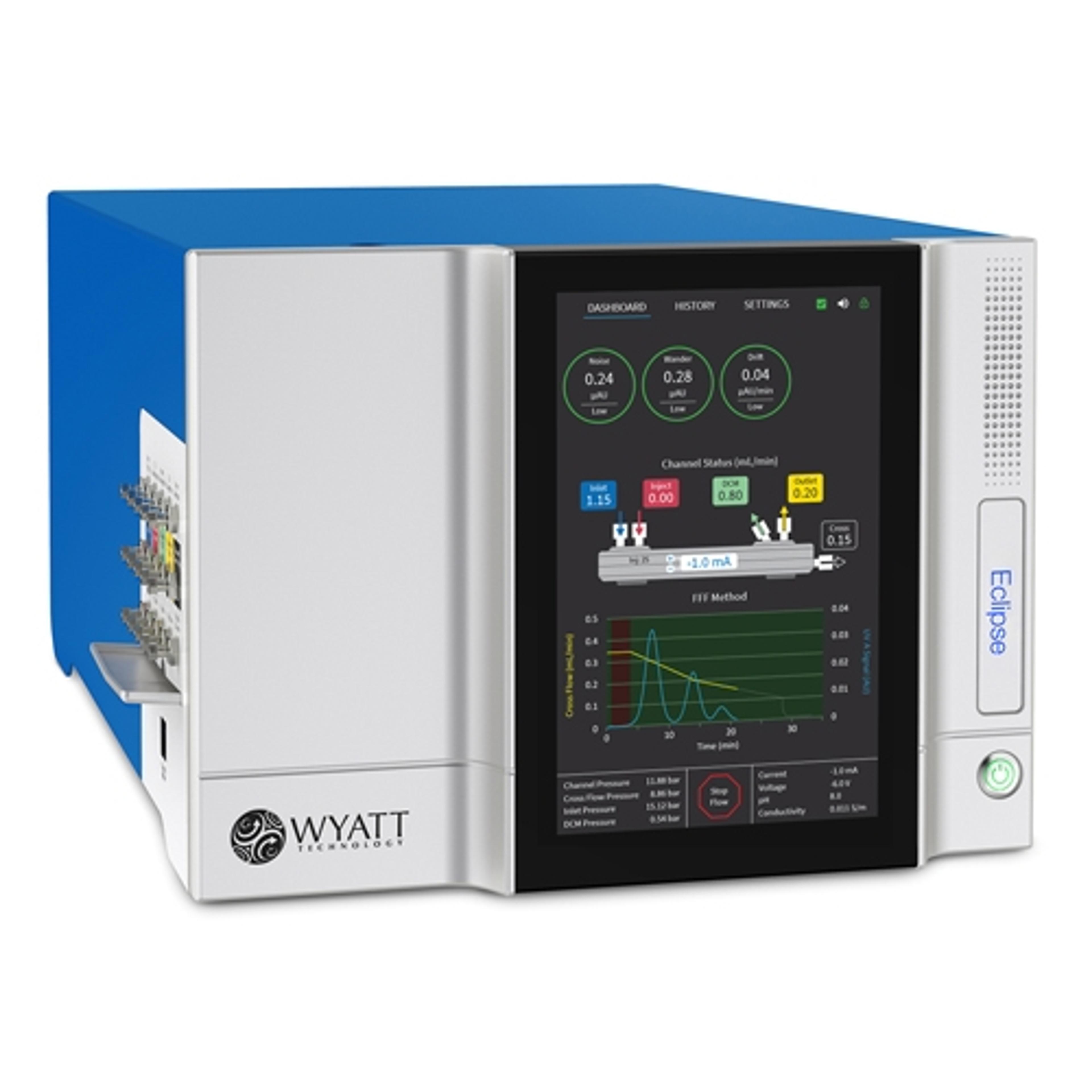Analytical Chemistry – Forging a Long-Term Relationship with a Trusted Technology Provider
Learn how a polymer analysis lab in the US has reaped the benefits of using instrumentation from a trusted provider for more than 20 years
22 May 2018Dr. Rafael Cueto is a polymer analysis specialist based in Baton Rouge, Louisiana, in the US. He is an experienced analytical chemist working as an assistant professor of research in the Department of Chemistry at Louisiana State University (LSU). Based in the Polymer Analysis Laboratory at LSU, he is engaged in providing expert analytical support to researchers across the university, and to teaching those techniques to new generations of students. His laboratory is packed with Wyatt instruments, a technology provider with whom he forged a relationship over 20 years ago and which is stronger than ever today.
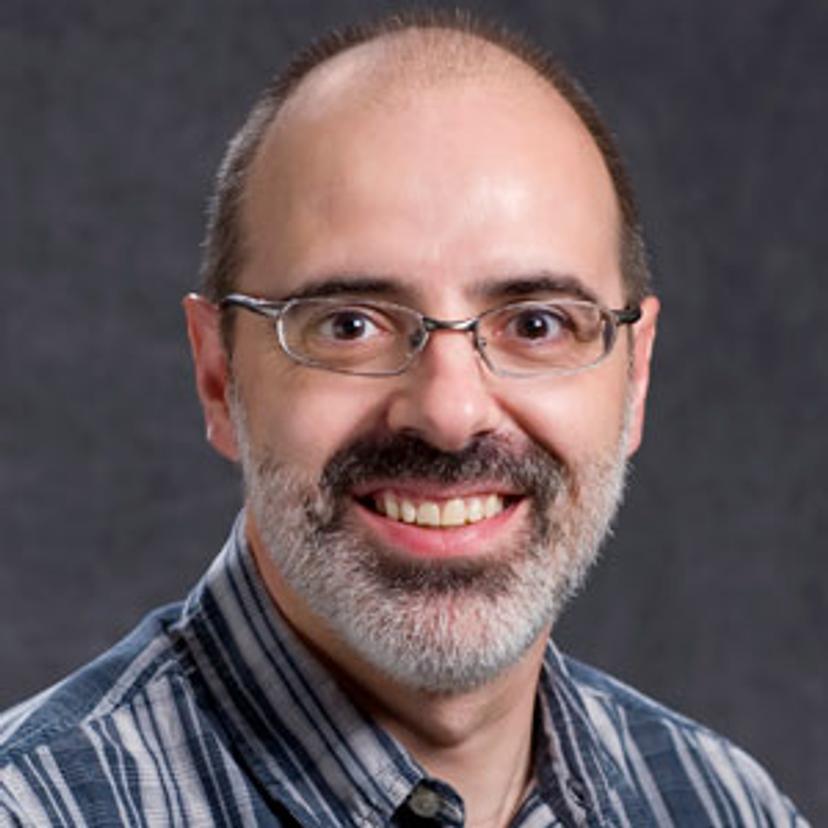
The field of polymer analysis is challenging and technically demanding, both for the researcher and the technology provider seeking to deliver the perfect analytical solution. It is a mutually beneficial and dependent relationship in which one pushes forward the other. Polymers present varied and complex structures – from copolymers to hyperbranched, stiff or gel-like conformations – and researchers are constantly asking more complex scientific questions which test analytical instruments to their limits. If you can find a trusted provider for the long-term, you might just develop the perfect relationship in which scientific questions and analytical capability evolve together.
Wyatt Technology Corporation – a chosen technology provider
Dr. Rafael Cueto’s lab has several gel permeation chromatography (GPC) systems, all combined with Wyatt multi-angle light scattering (MALS), differential refractometry and differential viscometry detectors (DAWN, Optilab and ViscoStar instruments, respectively). The lab also has a Wyatt Eclipse asymmetric-flow field-flow fractionation (AF4) system combined with DAWN and Optilab detectors.
He is similarly effusive about his working relationship with Wyatt’s support staff: “They are always willing to help you however they can, whenever they can, to improve on what you are doing. They are deeply involved with their users and proud of their products. We sometimes meet, but I have interactions with their technical support people all the time, either by e-mail or by phone.” As a result of its exceptional popularity with SelectScience reviewers, the DAWN HELEOS II instrument has won a coveted SelectScience Gold Seal of Quality. Dr. Cueto expands on his history with Wyatt: “I have been using Wyatt products for more than 20 years. When we started using Wyatt products, they were the only ones on the market. Since then, I have used their products and they have always been on top of the field. Compared to other vendors, it’s the best I can get.”
Dr. Cueto also draws attention to the longevity of Wyatt’s detectors, explaining that some of his original Wyatt light-scattering detectors still work well beyond their ten-year lifecycle support warranty.
Driving analytical chemistry forward
Technology moves fast, as Cueto observes: “The sensitivity [of Wyatt’s instruments] has increased tremendously. What you can do with their instruments is unbelievable compared to what I could do 20 years ago. Scientifically, I am involved in many fields with sometimes very difficult problems. We work with polymers which are very difficult to separate and characterize with conventional instruments; Wyatt instruments are the only way to get good results.”
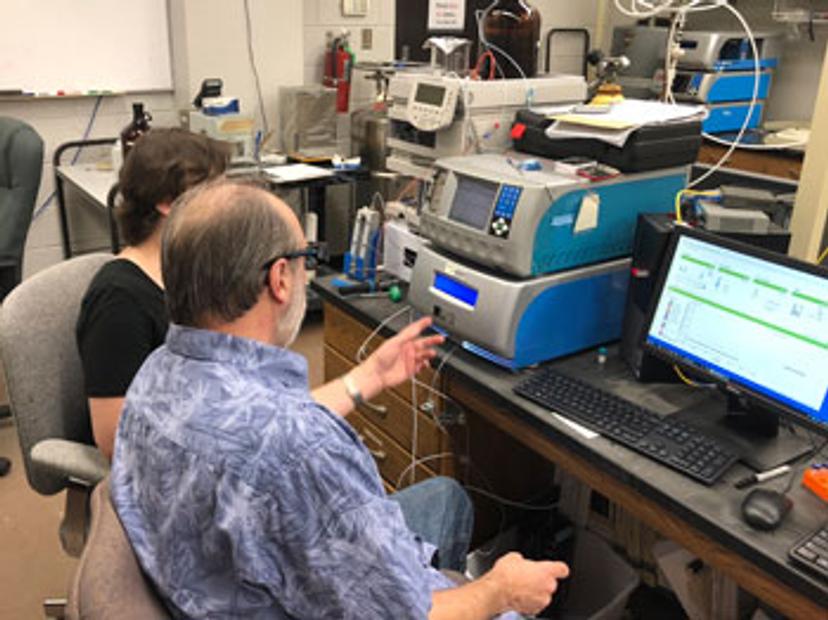
New research papers featuring Dr. Cueto as a co-author have been enabled through the use of Wyatt’s technology, in ways which are not always foreseeable. Dr. Cueto notes: “We were one of the first users of asymmetric-flow field-flow fractionation (AF4) [with light scattering] for the analysis and characterization of cellulose nanocrystals (CNCs), poly(tetrafluoroethylene) latex particles, and functionalized silica particles. We went above and beyond AF4 and what Wyatt thought we could do with the Eclipse. We did extra analytics and we are very pleased with what we have accomplished.”
Dr. Cueto adds that the teaching aspect is also very important: “The training of our students, grad students and post-docs is very fulfilling because they become more successful. Many of our former students are now Wyatt customers, for example.”
With the relentless progress of polymer science, many new challenges in the field of polymer analysis have arisen. Dr. Cueto hopes that these will be solved by technological developments in the near future. He gives a good example of this: “There is one project that we work on, cellulose nanocrystals (CNCs), that is a very, very hard field at the moment. The technology to separate CNCs into mono disperse fractions is very difficult. We can characterise them quite well by AF4, but it’s not a very suitable preparative technology for separating and generating large amounts of material. I am looking for a more advanced technology that will allow us to do more fancy stuff.”
Future technology developments
Dr. Cueto concludes by pointing to key advances that are needed in automation: “In polymer analysis, we are synthesizing new materials every day and one of the problems here is that part of the characterisation involves serious preparation work. This requires a lot of extra work and you can automate this a little better, I think. Automation will be one of the things I am looking for.”
Find out more about how the Wyatt DAWN HELEOS II multi-angle light scattering detector could help you.
Collins, M. E., et al. (2014). "Separation and Characterization of Poly(tetrafluoroethylene) Latex Particles by Asymmetric Flow Field Flow Fractionation with Light-Scattering Detection." Langmuir 30(12): 3373-3380.
Guan, X., et al. (2012). "Asymmetric Flow Field-Flow Fractionation with Multiangle Light Scattering Detection for Characterization of Cellulose Nanocrystals." Biomacromolecules 13(9): 2671-2679.

